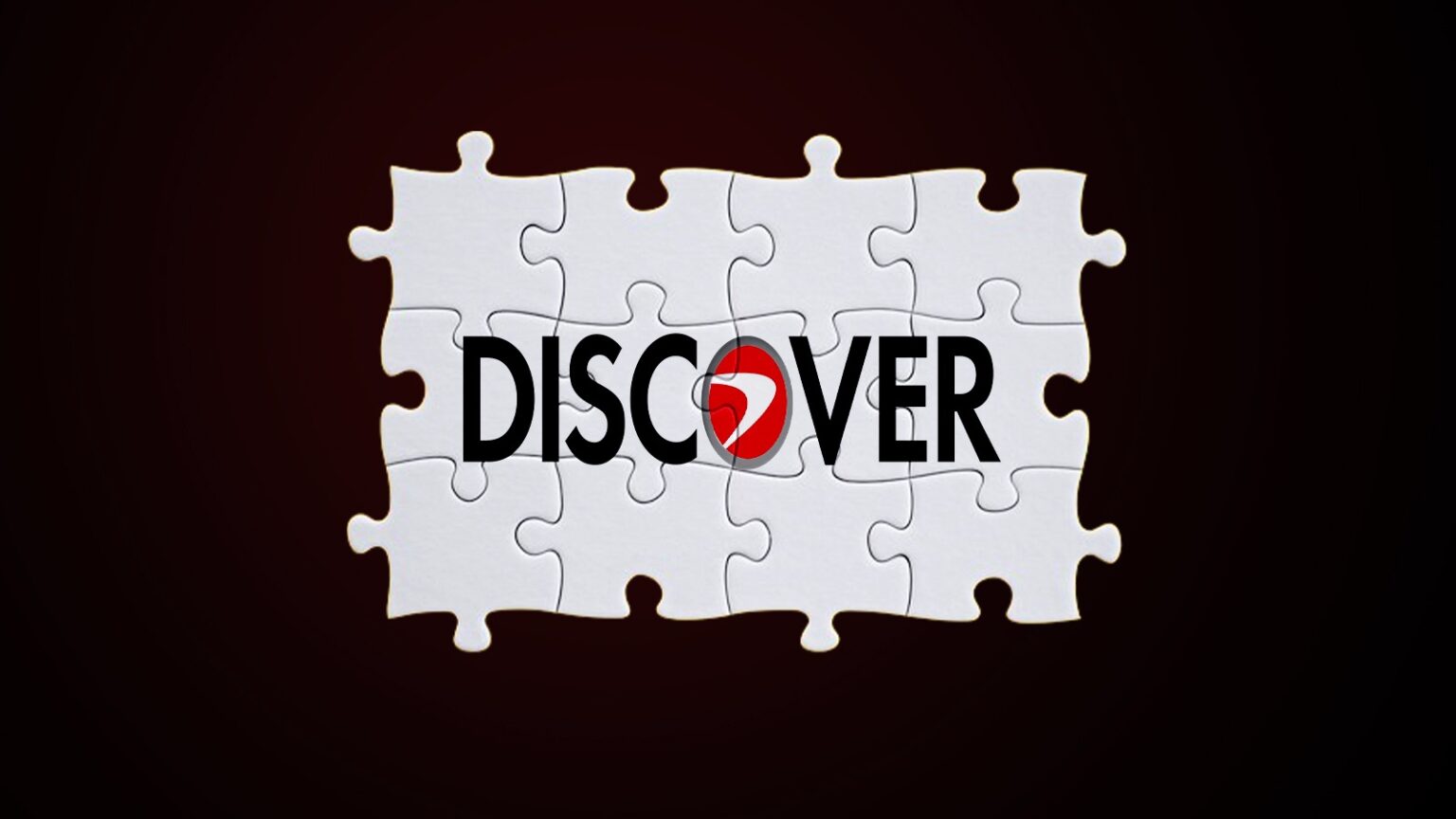Capital One’s proposed merger with the US credit card specialist Discover has reshuffled the deck in a fast-growing sector in the United States, where cash is gradually disappearing from the landscape.
The all-stock deal is worth around $35.3 billion, and is expected to close in late 2024 or early 2025. The deal, which will be subject to antitrust scrutiny, values Discover’s shares at a 27 percent premium, and would create a US banking behemoth.
Under the terms of the agreement, around 60 percent of the new company will be owned by Capital One’s shareholders, with the remainder going to those of the financial services company.
Discover shareholders will receive 1.0192 Capital One shares for each Discover share, representing a premium of 26.6 percent on Discover’s closing share price on 16 February of just over $110.
Although the merger still has to be approved by the US regulatory authorities, Capital One’s founder and chief executive Richard Fairbank sounded optimistic in a conference call on Tuesday, telling investors that the two companies “are well positioned for approval.”
“Discover adds $218 billion in annual spend and $102 billion in loans to Capital One’s credit card franchise, increasing our scale where it matters,” he said.
“These additional revenue synergies have not been included in our deal model,” he added.
Discover’s chief executive Michael Rhodes said the deal gave his firm “the opportunity to scale at a very rapid pace, and much more so than we could certainly do on an organic basis.”
“And if I look at the organizations that have the most synergistic impact, with Discover, it is Capital One,” he added.
Capital One saw a relatively modest market reaction after the deal was announced: at noon local time (1700 GMT), shares were up 0.7 percent. By contrast, Discover shares surged almost 15 percent on the news.
Originally a financial subsidiary of the Sears retail chain, Discover developed in the early 1990s as a credit card network before being acquired in 1997 by Morgan Stanley, which made it an independent company again in 2005.
Discover is the fourth-largest credit card network, trailing behind American heavyweights Visa, Mastercard, and American Express.
Operating primarily within the United States, Discover has expanded its reach to over 200 countries, with its cards accepted at 70 million points of sale worldwide.
“They show up in nearly every physical point of sale across the United States and on nearly every online checkout page,” remarked Fairbank from Capital One during Tuesday’s discussions.
“We intend to preserve the Discover brand,” he continued, emphasizing that Capital One plans to enhance and fortify the network brand.
Renowned for pioneering the “cashback” concept in the United States, Discover allows credit card users to earn back a portion of their spending, providing banks and credit card networks with invaluable insights into customers’ spending behaviors.
The acquisition will involve the migration of several of Capital One’s credit cards to Discover’s network, while Capital One is expected to maintain its partnerships with Visa and Mastercard, especially considering their broader international reach.
Essentially, the company will be operating as both a collaborator and a competitor to Visa and Mastercard simultaneously, as acknowledged by Fairbank.
“We’ve had a strong relationship with both of them since we started; it’s not unusual for companies to be both competitors and customers of each other,” he elaborated.
“We’re talking about taking a network that is way, way smaller than those, and giving it a chance to get more threshold scale pick up momentum.”



